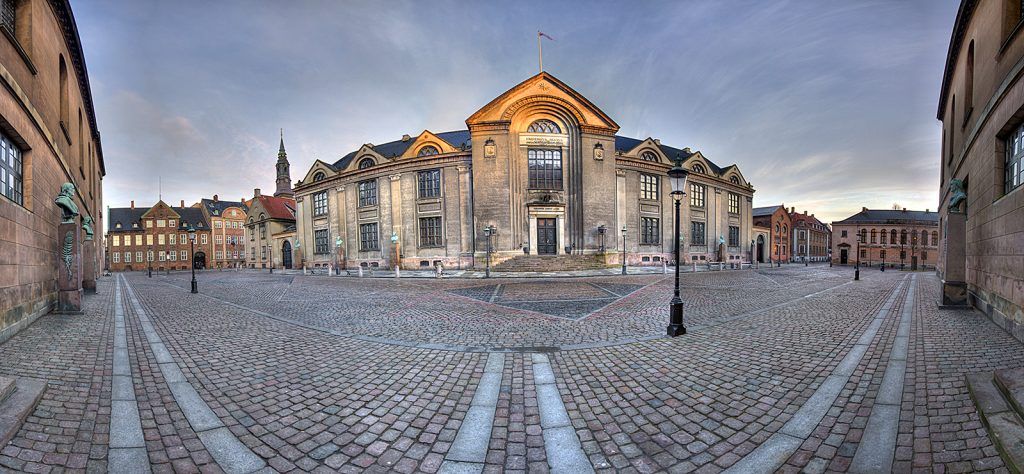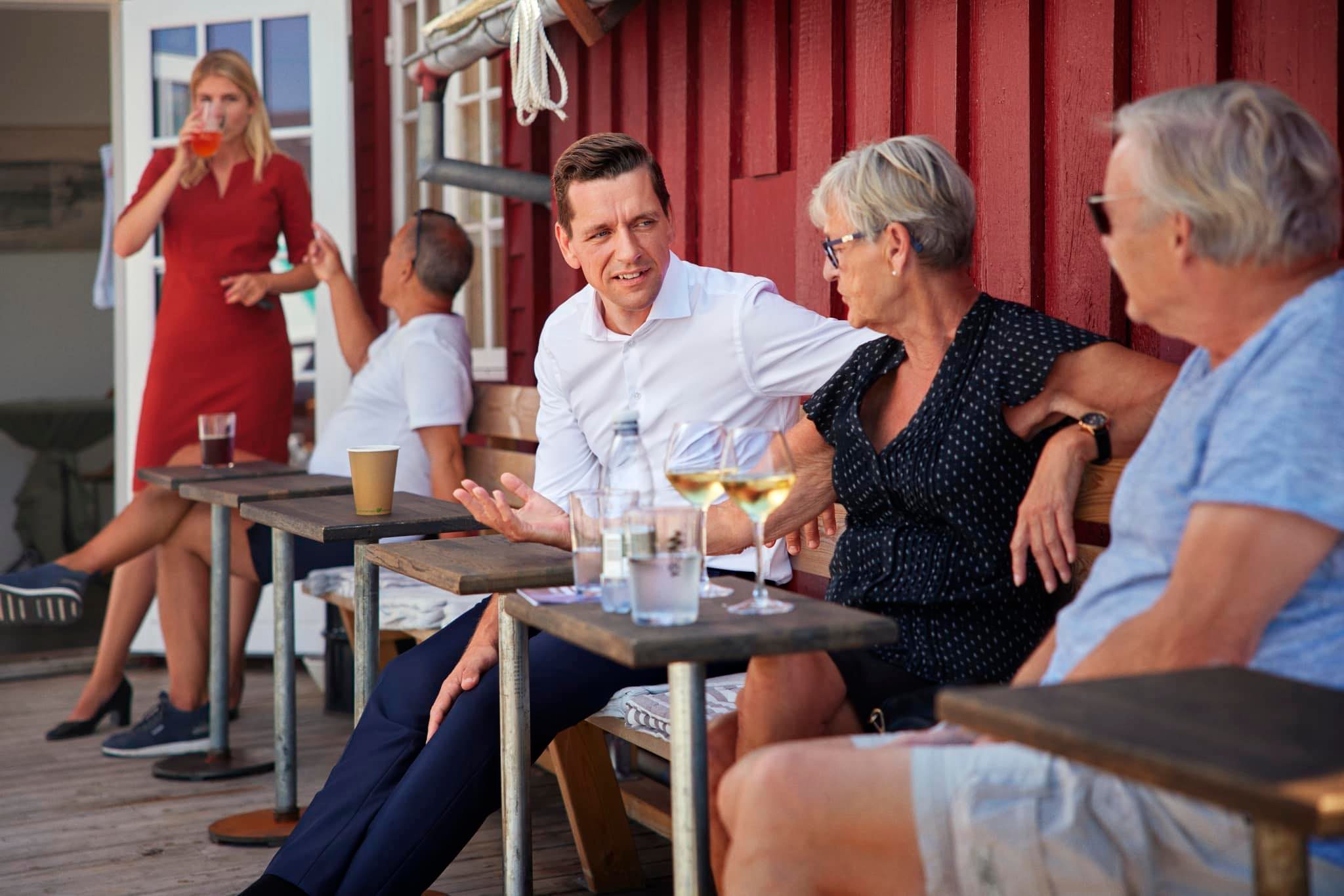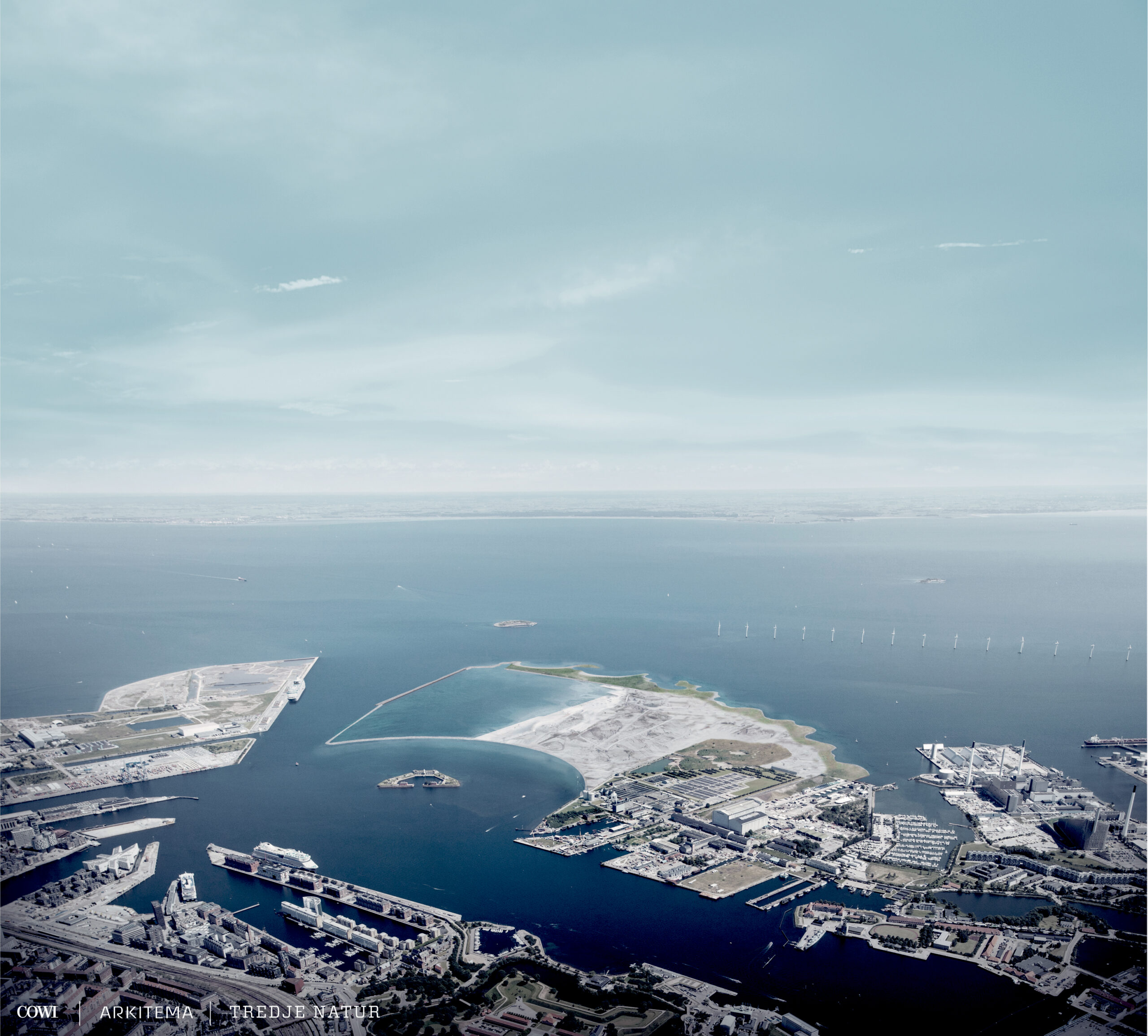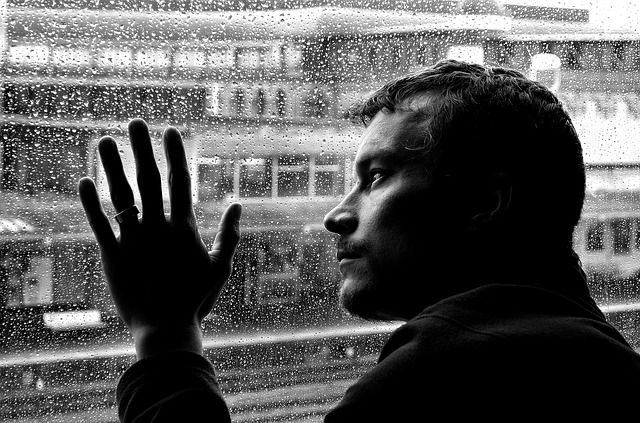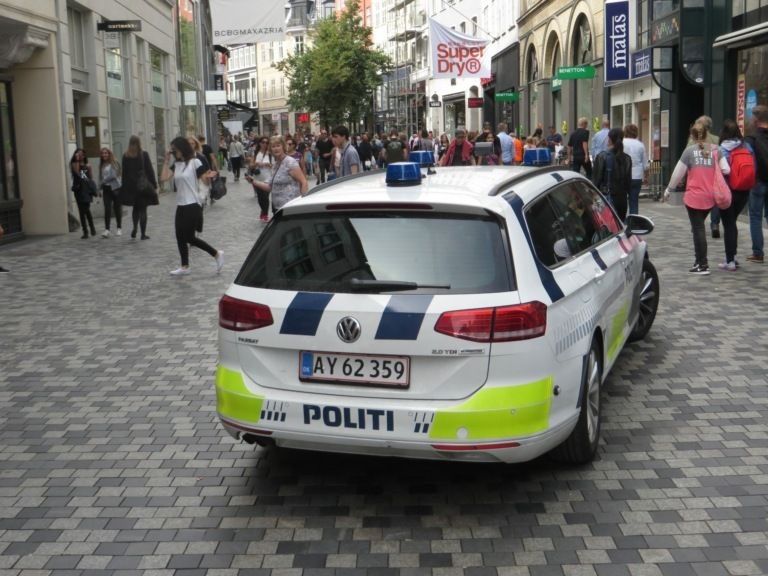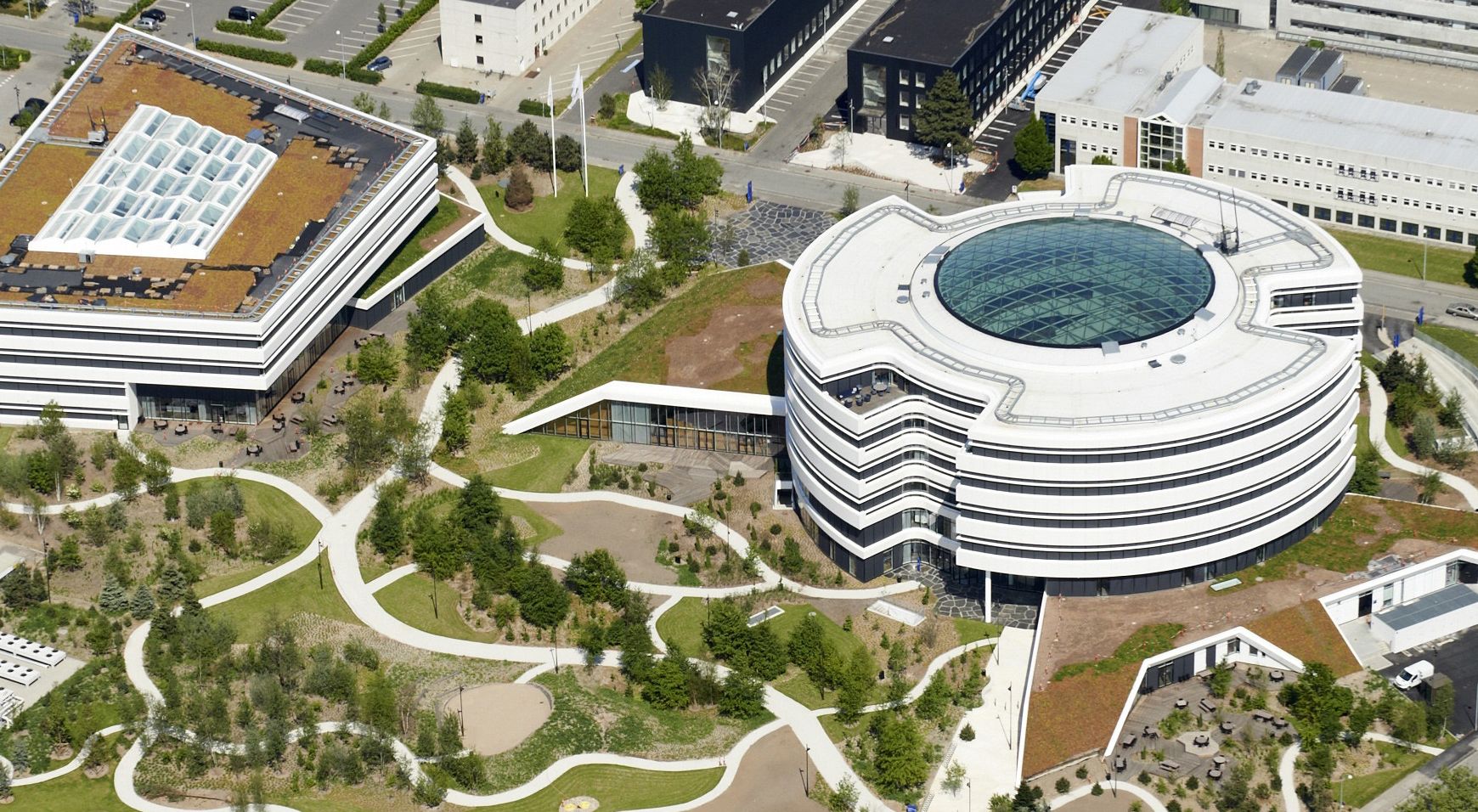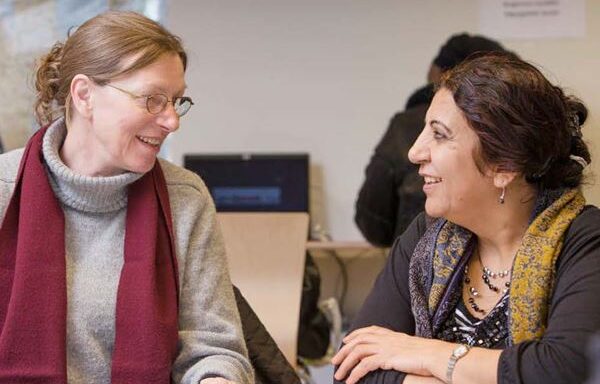Most Brits will be able to tell you what Prince Harry’s favourite fancy dress outfit is. It seems that when it comes to parties, it’s no holds barred, with controversial costumes (in Harry’s case it was a Nazi outfit) and cultural misappropriation featuring heavily, often causing offence to others present.
Following complaints from some of its students, the University of Copenhagen has banned all ‘offensive’ costumes, citing the creation of “fundamentally racist undertones” at parties held to mark the start of the university term, where students traditionally dress up in costumes and celebrate.
The email, sent to the all tutors and faculties of law, makes it clear that dressing offensively during events must be stopped.
Karen Lisa Salomon, an ethnographer and former associate professor at the University of Copenhagen, suggested there is value in regulating what occurs within the university.
“It’s good that the parties are happening; however, the themes have fundamentally racist undertones,” he told DR.
“No-one should be forbidden from dressing that way privately. However, if it happens on university grounds, it’s a problem. Thus, it makes sense to create some guidelines.”
Following the American standard
Jacob Mchangama, the founder and CEO of the think-tank Justitia, believes the universities are overreacting by setting up rules instead of letting the students handle the situation themselves.
“It would be very different if it was a question of stopping sexual harassment or threatening behaviour. The students are adults and should be able to discuss it if someone feels offended. It is simply a tradition,’’ he said.
“This is part of a problematic development we have seen in the United States. To my understanding, it’s a very small group of students who are complaining, so when the university steps in and accepts responsibility, they start to train the students to feel offended and entitled.’’
He added that the university should concern itself with “educating robust people’’ and that the university has “gone too far when you start setting up rules for parties’’.
The future generations
There are concerns about universities becoming too involved in student affairs, possibly because they believe the students, through protests and boycotting speakers deemed to be ‘controversial’, are wielding too much power.
A new book from Greg Lukianoff and Jonathan Haidt, ‘The Coddling of the American Mind’, goes into great detail about how the institutional incentives will harm the students and merit of the university in the long-run.

